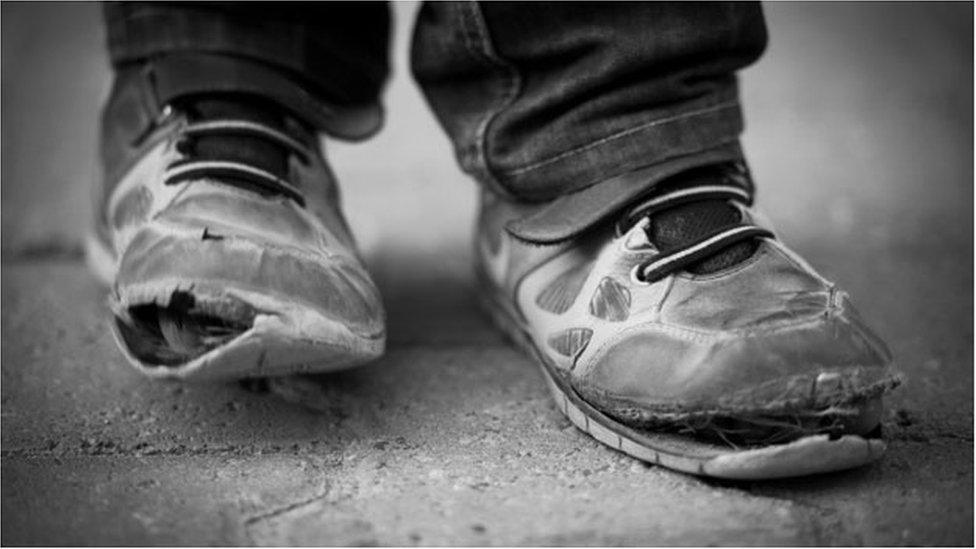'Happiness gap' divide widest in Wales, study shows
- Published
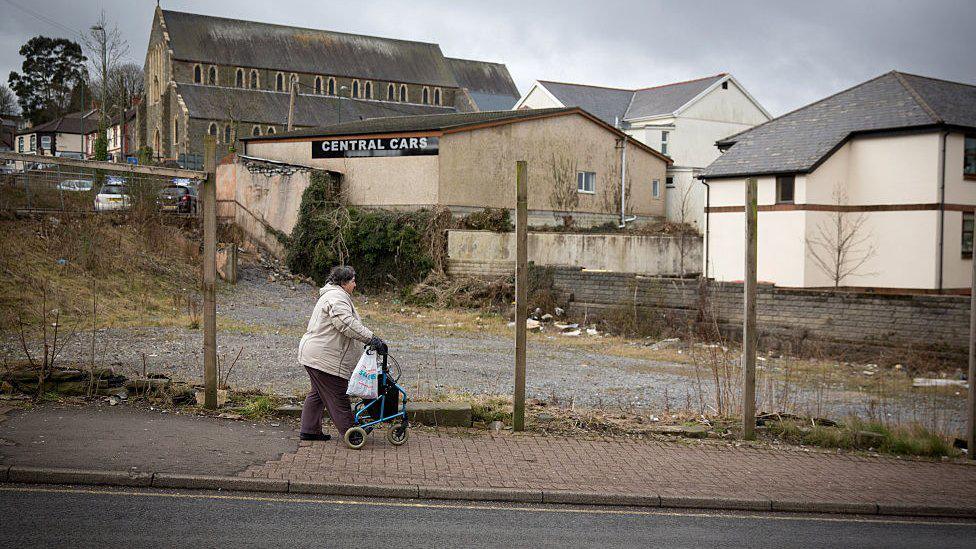
Some parts of Wales show the widest gap in the UK between those happy with life - and those who are not.
Blaenau Gwent and other parts of the south Wales valleys were singled out by research into official government questions on 'wellbeing'.
Analysts found Blaenau Gwent had one of the biggest overall differences between those who are content and unhappy - a term dubbed 'wellbeing inequality'.
Researchers hope the findings can help steer government policy in the future.
BBC Wales asked people in Ebbw Vale what makes them happy and unhappy
"These findings show us that what matters to people is more complex than most policymakers realise, or measure," said Nancy Hey, director of the What Works Centre for Wellbeing, external, who carried out the study.
"Income alone only tells us part of the story about how we may be struggling, or thriving, in our daily lives.
"Wellbeing gives us a more nuanced picture, and allows us to see why and how different groups in society are affected in different ways.
"The evidence shows us that large differences in wellbeing is not inevitable. We are going to be looking for more clues as to what local authorities can do to understand and reduce the gap in upcoming research."
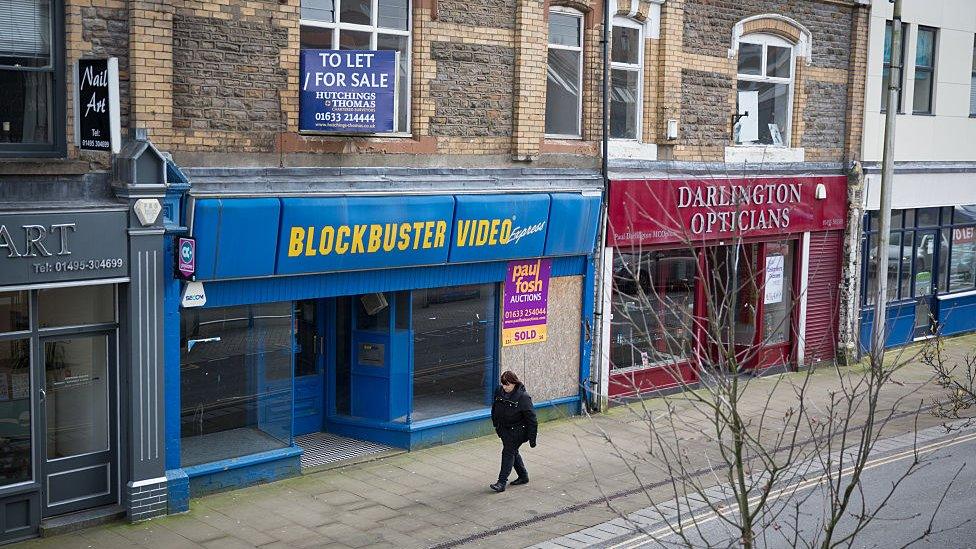
The parts of Wales ranked highest for wellbeing equality - where the gap between those happy and unhappy is smaller - were places like Flintshire, Gwynedd, Denbighshire and Monmouthshire.
But those with a wider inequality gap included Torfaen, Rhondda Cynon Taff, Caerphilly, Merthyr Tydfil, Neath Port Talbot - and Blaenau Gwent.
Across the UK - the wellbeing gap was smaller in places like Enfield and Harrow in London, Cheshire, Warwickshire, and Shetland - and wider in locations such as Liverpool, Sunderland and Rotherham.

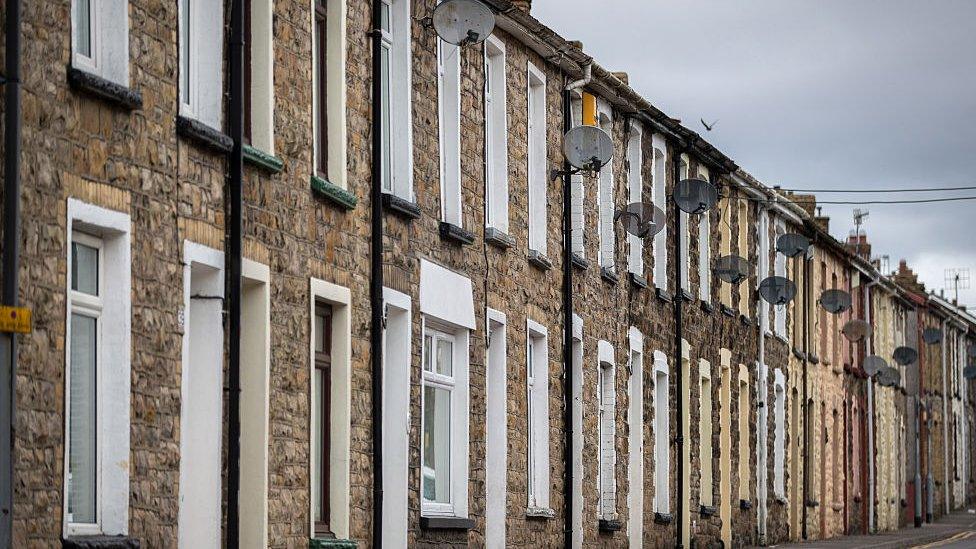
The research looked at a series of questions asked to 160,000 people across the UK by the Office for National Statistics.
The questions were:
Overall, how satisfied are you with your life nowadays?
Overall, to what extent do you feel the things you do in your life are worthwhile?
Overall, how happy did you feel yesterday?
Overall, how anxious did you feel yesterday?
The questions were given a score out of ten, depending on how people felt, giving an overall wellbeing score. It meant researchers could then look at how big the gap was between the 'happiest' and 'least happy' in every individual local authority.

Researchers said the analysis might be a useful tool in the future too - after using the details to see if there was any relationship in feelings on wellbeing and those areas that voted Leave in the Brexit referendum.
The study discovered that while the average wellbeing of any area did not appear to have any connection to the way that authority's area voted - the measure of wellbeing inequality did.
Simply put - council areas like Blaenau Gwent with the widest gap between those satisfied and those who are not - voted to leave the EU.
"This research shows the deep divides in communities, with some people's experiences falling far short of the life they want to lead, while others flourish. Understanding these inequalities is the first step towards taking action," added Annie Quick from New Economics Foundation, which supported the research.
- Published26 January 2017
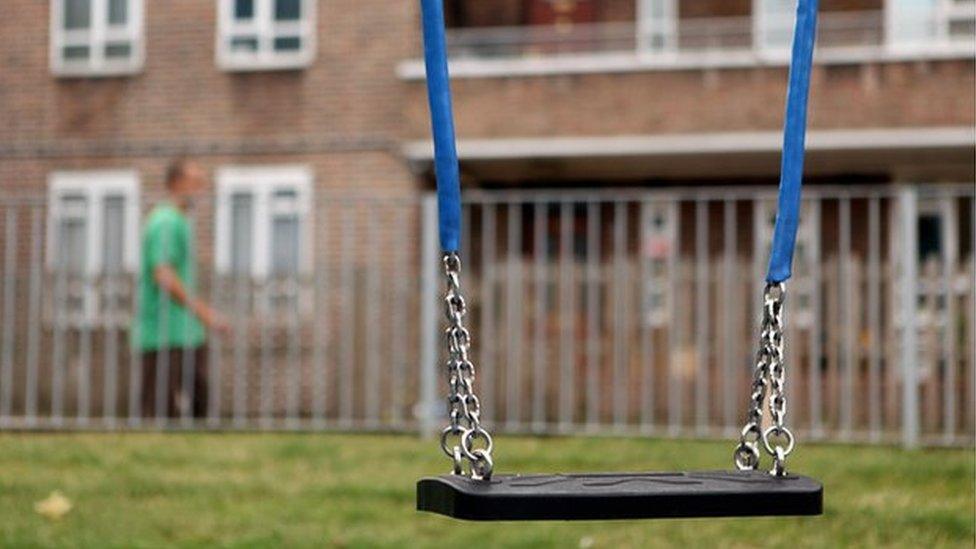
- Published27 October 2016
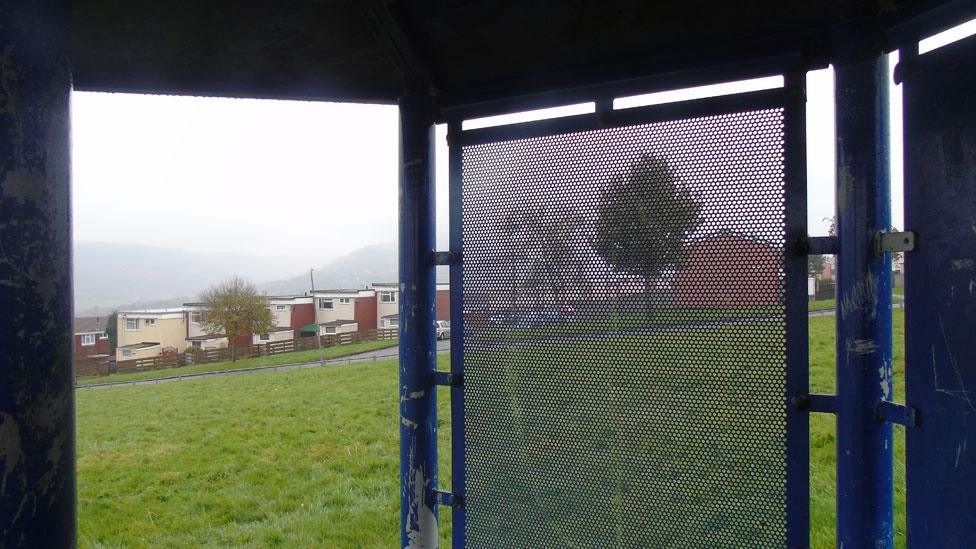
- Published24 June 2016
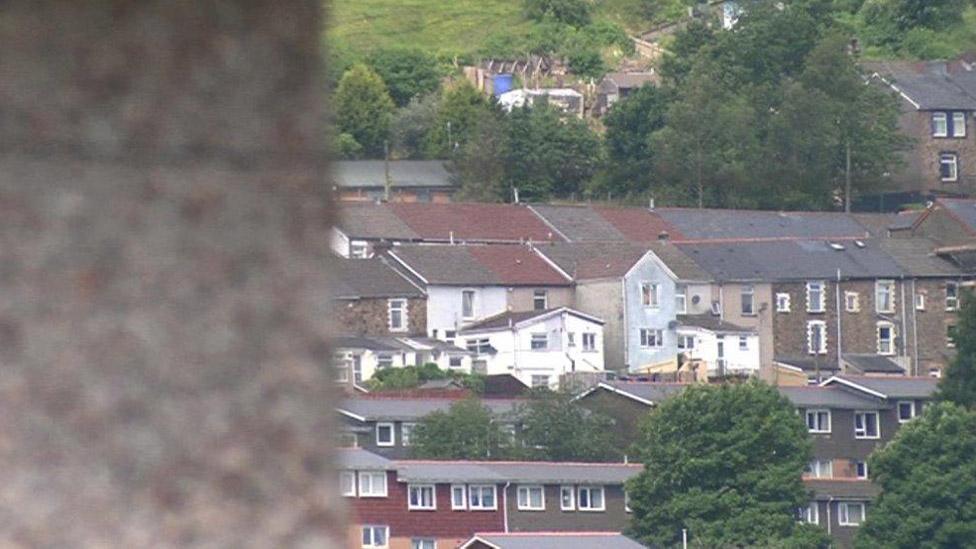
- Published13 December 2016
